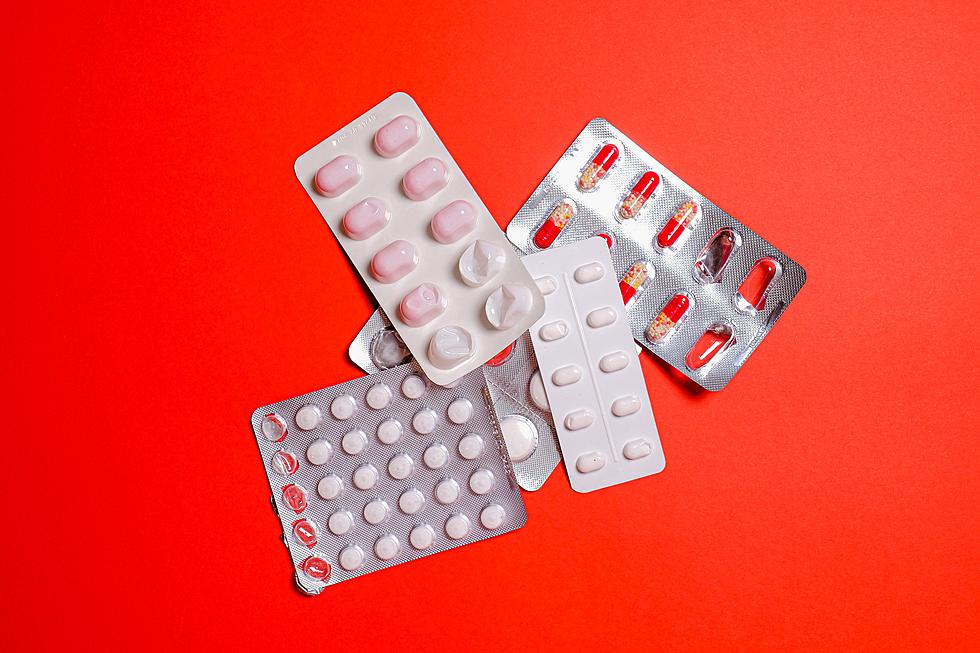
The Shortage of Adderall
This content was produced in partnership with Bazoom Group.
Adderall is prescribed as a source of medication to patients who are diagnosed with ADHD and narcolepsy. It works by changing the amounts of certain natural substances in the brain to regulate unhealthy patterns and maintain healthy behavior in the human brain. Adderall is made from a range of amphetamine salts that work with particular chemicals and neurotransmitters in the brain.
The shortage of Adderall is a pressing issue affecting a significant population that relies on this medication. Addressing this problem has been quite a challenge for pharmaceutical companies and regulatory bodies. The approach to a proper solution involves a comprehensive plan and consideration for potential alternative treatments.
Medical Uses of Adderall
Adderall is prescribed to patients who are diagnosed with ADHD. ADHD is a neurodevelopmental disorder marked by difficulty paying attention, which affects your daily life. Some people prefer natural ADHD supplements instead of taking medication, like Adderall.
It’s very important to take Adderall only on the doctor’s instruction to ensure the correct dosage and avoid a high risk of addiction. Taking Adderall without a professional diagnosis can lead to major negative effects.
Driving Factors Behind the Shortage
The issue of Adderall shortage has been a great concern to patience and health care providers. Although other companies have been able to produce Adderall, the supply isn’t enough to meet the market demand. Patients that are dependent on Adderall are given alternative therapies to help manage their health condition. There are several driving factors behind the Adderall shortage. An increase in demand, inconsistent production, and regulatory restrictions all contribute to the ongoing problem.
Increased Demand:
Adderall prescriptions have escalated the demand for the drug in recent years. ADHD is increasingly recognized and diagnosed, leading to more people needing treatment options. Adderall has proven better awareness and detection to patients of ADHD and narcolepsy. These evident results have contributed to the spike in demand, causing immense pressure on the availability of the medication. The rising demand and subsequent shortage of Adderall have had a negative impact on patients that rely on it for better health care. Adderall contains stimulant properties which have led to its misuse, leading to an increase in its demand. The increasing demand for Adderall presents a multifaceted problem that requires a comprehensive response.
Inconsistent Production:
Regrettably, the pharmaceutical industry has been dealing with the challenge of inconsistent production of Adderall, a problem that affects both the user and the healthcare system at large. The inconsistency in Adderall production refers to the irregular manufacturing and supply of this drug in the market. This inconsistency is observed both within a single producer’s batches and across different manufacturers, tremendously affecting the drug’s availability at pharmacies, clinics, and hospitals. Patients who rely on Adderall to manage their symptoms face unpredictability in accessing their medications. This can lead to health complications and deterioration of their conditions.
Regulatory Restrictions:
The Drug Enforcement Administration (DEA) has a quota system for controlled substances, amphetamines included. The system determines the aggregate amounts that can be produced each year, which can create a shortage if the quotas are underestimated or inflexible to growing demands.
Implications of the Shortage:
The shortage of Adderall adversely affects individuals relying on this medication to manage their conditions. Inconsistent production leads to potential price hikes that further burden the patients. People with ADHD may have a hard time focusing on tasks or controlling impulsive behaviors without their medication. For those with narcolepsy, the lack of Adderall can disrupt their sleep-wake cycles and increase episodes of sleep attacks.
The shortage of Adderall and why it’s lasted long
Little has changed. Amphetamine mixed salts products are still facing a shortage in supply. Certain manufacturers have set plans to release an additional inventory. Supplying the demand to a drug shortage requires experts to be thorough in their development. Heavy regulated substances like Adderall are more complex than it seems. When the Adderall shortage was announced by the Food and Drug Administration (FDA), issues related to manufacturing delays were pointed to one of the major suppliers of Adderall, Teva Pharmaceuticals.
Conclusion
A well-structured approach incorporating multiple strategies can help in addressing the Adderall shortage issue. This approach should incorporate a system that fosters a better collaboration between regulatory bodies and pharmaceutical companies. This merger can implement possible solutions to increasing production, and exploring alternative treatments. The pharmaceutical industry could also explore ways to increase the production of Adderall fulfilling the increased demand.
More From 98.1 Minnesota's New Country








